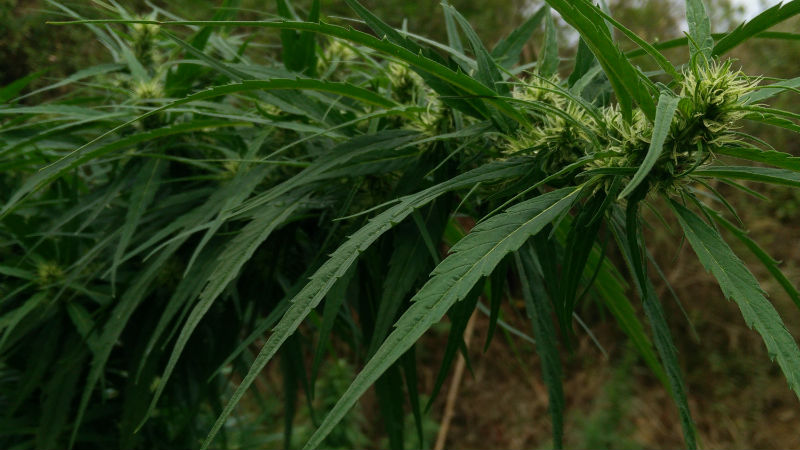The United Nations (UN) has sounded the alarm against the projected serious negative impact of climate change on the lives of people living in the different parts of the world. In fact, the campaign against the unabated increases in greenhouses gases being produced worldwide has been part of the programs of governments to at least contribute in efforts to minimize said emissions and slowdown the damage inflicted on the ozone layer that protects the earth from ultraviolet (UV) rays. Human beings and all living creatures are programmed to receive only so much ultraviolet rays and the thinning of the ozone layer increases the amount of UV rays reaching the earth thus exposing living creatures to harmful doses of UV rays. Numerous gatherings had been happening over the past decades purposely to force governments of developed and developing countries to commit in significantly reducing their carbon emissions to contain the impending damages that it inflicts to our environment.
Amidst the current deteriorating condition of our environment is the continued unabated dumping of plastics and solid waste to our water systems coupled with the massive destruction of our forest covers that most of the time result to siltation of our bodies of water including our biodiverse seas, lakes, and oceans where marine life thrives but is now under serious threat.
Individual actions can significantly impact on our environment. Climate change is not a localized phenomenon. Melting glaciers and ice caps lead to sea level rise. The Philippine islands, being surrounded by bodies of water, will surely be directly impacted by this sea level rise. There is scientific evidence that global warming is bringing about unpredictable weather conditions, unusual snow storms, fiercer typhoons, significant drop or increase of the earth’s temperature in various regions, among others.
In the Cordillera alone, we have started experiencing the effects of climate change through the unpredictable weather patterns, the magnitude and frequency of weather disturbances, the extreme occurrence of drought and rains that tend to affect the agricultural thus impacting on our food sovereignty and security, and these phenomenon are observed in the different regions in the country.
It is necessary that environmental science, including the discussion of climate change and its impact on our real life, be made in integral part of elementary education and all through levels of education. At the rate we ignore calls for avoiding actions that contribute to emission of greenhouse gases, e.g., deforestation to undertake monocrop production, we really need environmental policing. Trees trap carbon dioxide, a greenhouse gas that significantly contributes to global warming. When trees are cut, they release the carbon dioxide they absorbed. Carbon dioxide in the atmosphere blankets the earth thus, trapping the heat from the sun, thus leading to raised temperatures. Raised sea temperatures also affect the food chain and as an archipelagic country, the waters that surround us are part of the global ecosystem that has made the Earth a habitable planet for human beings. Imagine then how much we contribute to global warming simply by deforesting our mountains
If people really have the verdant concern for the welfare of the upcoming generations, the desired changes in our ways of life must be realized now before it will be too late. Going back to the basics through simple living could greatly contribute in showing our care for our environment. Let us not wait for that time that the trees are gone, and we ask why we are we suffering from climate change. Let us not wait for the environment to wreak havoc posing danger to our lives and properties.
Simple ways of doing such as appropriately disposing of our solid and liquid waste, minimize our dependence to motorized machineries, resort to agricultural produce which does not deforest mountains , shift to the use of green label chemicals, among others ,which are basic ways by which we will can individually and collectively contribute in our own little way towards conserving and nurturing our environment.
The government has embarked on various environmental preservation and protection initiatives through the past and previous administrations but still, there is rapid deterioration in the state of our environment, especially in our respective places, primarily triggered by the lack of discipline of people in adhering to the intent of the said initiatives and the ineffective enforcement of laws and policies, and the lack of political will among our leaders. We pin our hopes of a better state of our environment not only to the efforts of both the government and the private sector but to our personal commitment in realizing the overall objectives of a better place to live, study, work and do business.
People actually do not learn their lessons if nothing grave will happen to them. Let us not actually wait for the situation to happen to us and our communities. We should act for the well-being of everyone instead of simply thinking of our individual interests. The impact of what we do now may be reaped by the future generations of our own families. Let us strive to give a better world, a better Earth to our future generations.
















